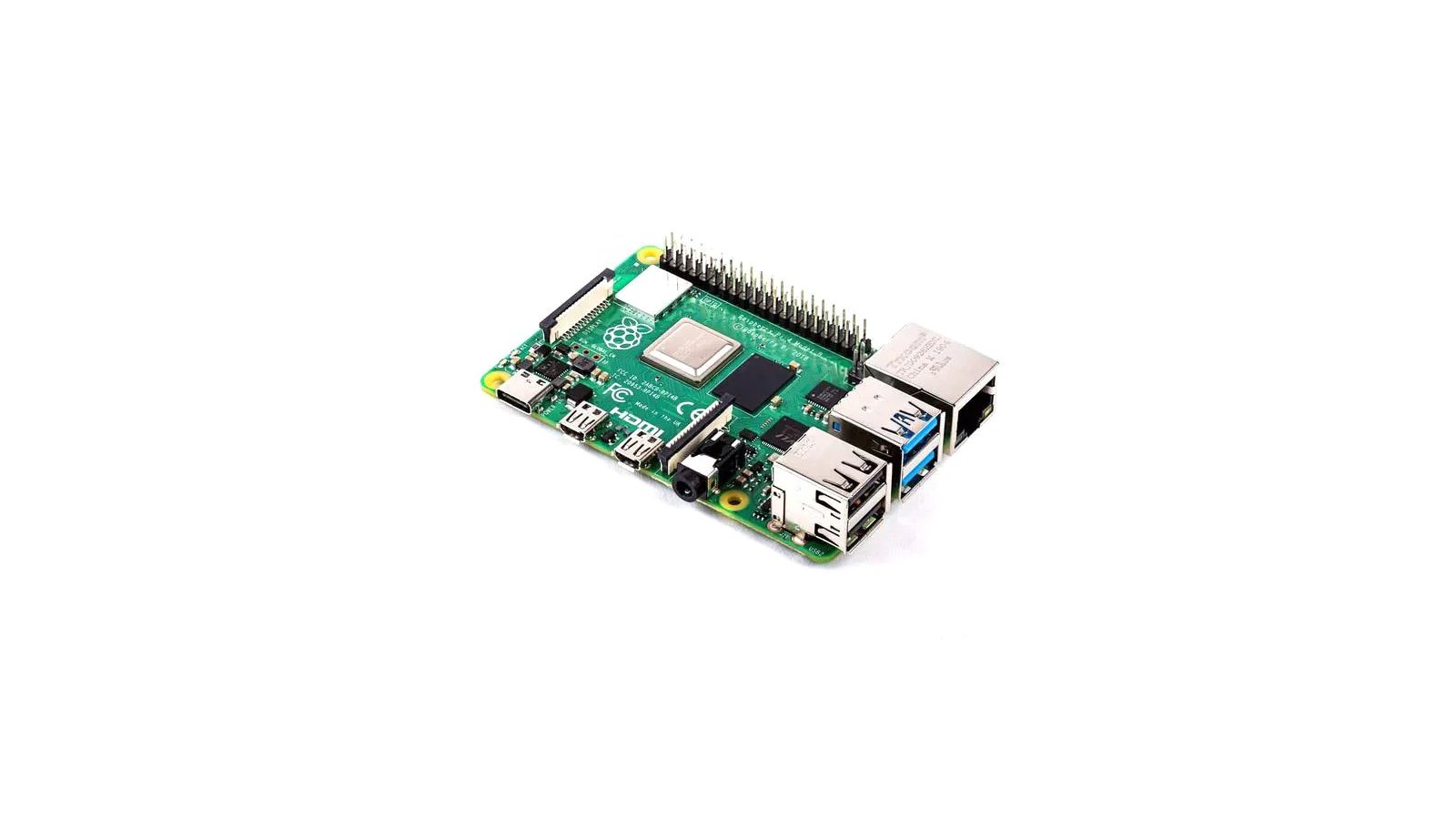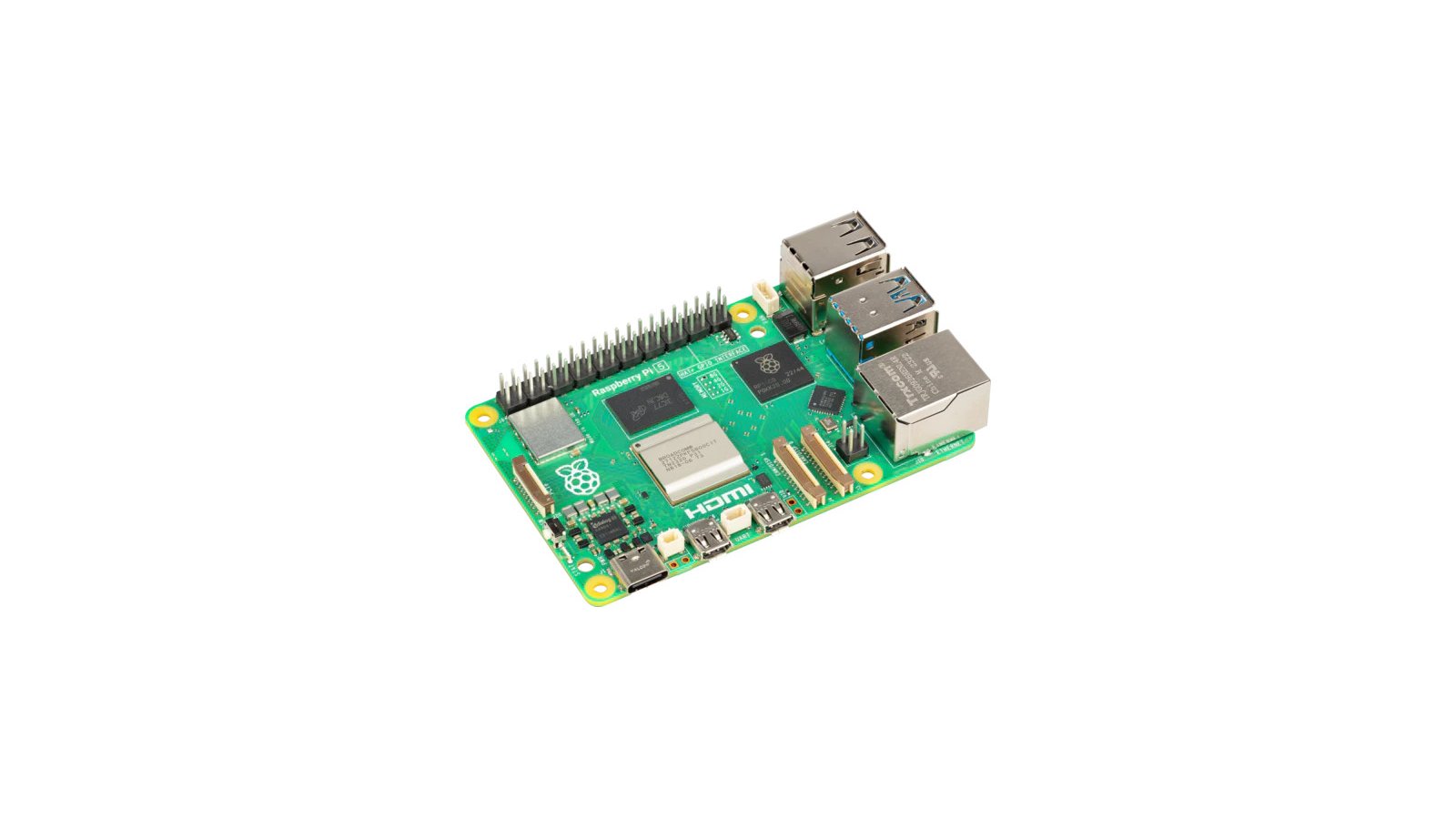PiEEG has been discontinued and will no longer be produced. The eight-channel version of PiEEG will be available until stock is depleted. All sales are final.
PiEEG is an open source Raspberry Pi shield that measures biosignals such as those used in electroencephalography (EEG), electromyography (EMG), and electrocardiography (ECG). PiEEG is versatile, easy to work with, and compatible with different types of electrodes. Best of all, it was designed to be usable by anyone. To begin measuring bio-signals, all you need to do is connect the electrodes and run a Python script. Applications could include gaming, entertainment, sports, health, meditation, and more.
Thanks to open source software, PiEEG can be used to process bio-signals in real time. This device is intended to help you learn not only about neuroscience but also about signal processing, filters, and machine learning.
You can see examples we have created on our Github, and we will be providing more examples in the future. We have also included a guide for how to create your own dry electrodes.
The signals from PiEEG can be utilized in a variety of applications, such as scientific, educational, and entertainment purposes. They can also be utilized for smart-home control, gaming, robotics, virtual-keyboard input, or even DIY polygraph experiments! We have provided examples in our GitHub to get you started, and will continue to release new examples as time goes on.
You are fully responsible for your personal decision to purchase this device and, ultimately, for its safe use. PiEEG is not a medical device and has not been certified by any government regulatory agency for use with the human body. Use it at your own risk.
| PiEEG 8 (Shield) | Cyton Board (OpenBCI) | HackEEG’s (Shield) | |
|---|---|---|---|
| Signal Processing Interface | Raspberry Pi | Computer | Arduino and computer |
| Analog-Digital Converter (ADC) | ADS1299 | ADS1299 | ADS1299 |
| Channels | 8 | 8 | 8 |
| Transmitter Needed to Read EEG Data | no transmitter needed | Wi-Fi | USB |
| Can Stack with Other Shields? | Yes | No | No |
| Open Source | Yes | Yes | Yes |
You can find PiEEG source code, design files, datasheet, and project examples in our GitHub repository. PiEEG is being released under the GNU General Public License (GPL) v3.0, which ensures that you can customize PiEEG as needed. You can also reach out to us using the Ask a technical question form on our campaign page or contact Crowd Supply if you have order-specific questions.
Produced by hackerBCI in UK, Edinburgh.
Sold and shipped by Crowd Supply.

PiEEG board with 8 channels

From the Raspberry Pi 4 Model B project.
8 GB version of the Raspberry Pi 4 Model B single-board computer, featuring a Broadcom BCM2711 quad-core Cortex-A72 64-bit SoC at 1.8 GHz, 2.4 GHz, and 5 GHz 802.11ac Wi-Fi, two USB 3.0 and two USB 2.0 ports, two micro HDMI ports, and a microSD card slot.

From the Raspberry Pi 5 project.
Raspberry Pi 5 single board computer, with 8 GB of RAM